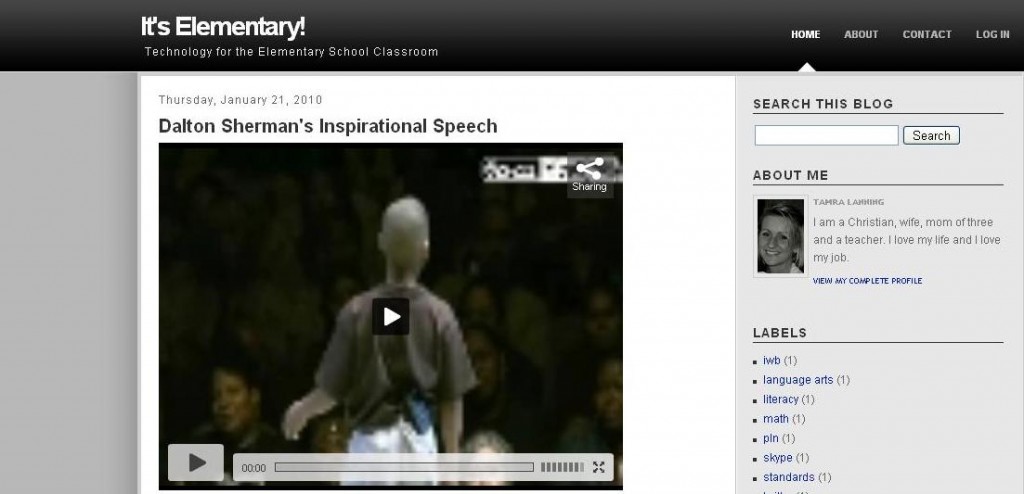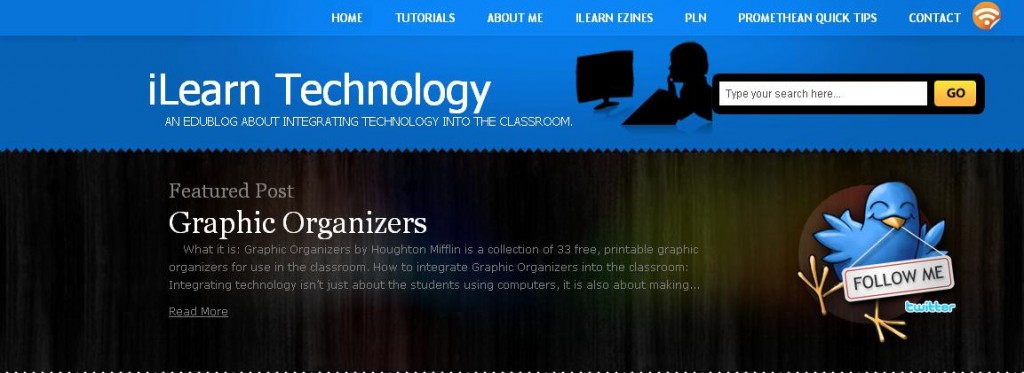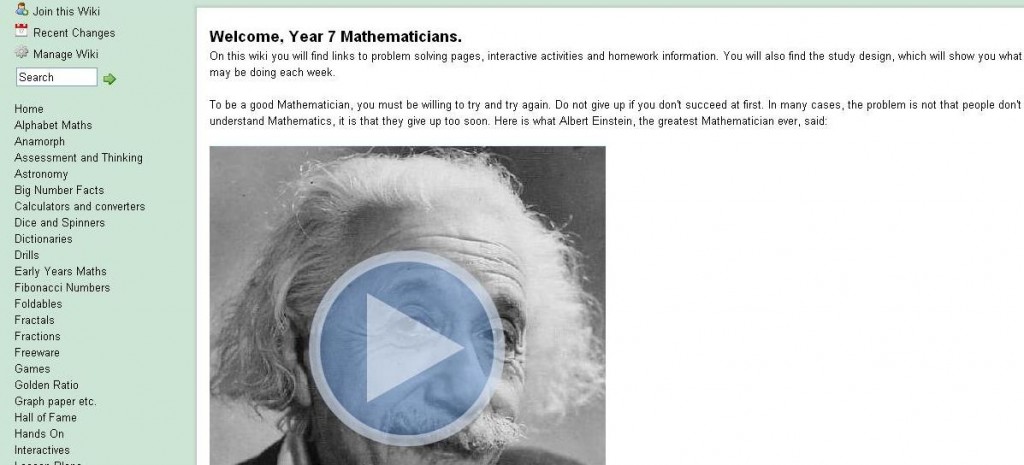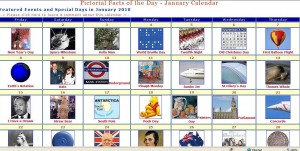An excellent resource is the Museums of the World online webpage. Featuring museums organised by country, then by alphabetical order within the country, there are hundreds of museums for you and your students to explore.
Some museums (there are art galleries too) are interactive or have virtual tours. Some allow users to download audio tours before their visit (such as the National Gallery of Victoria). Some provide links for teaching resources related to their exhibitions (such as Questacon). Others are simply webpages with information on exhibitions. However, if you are looking for a one stop shop for museums, Museums of the World online seems to fit the bill.




